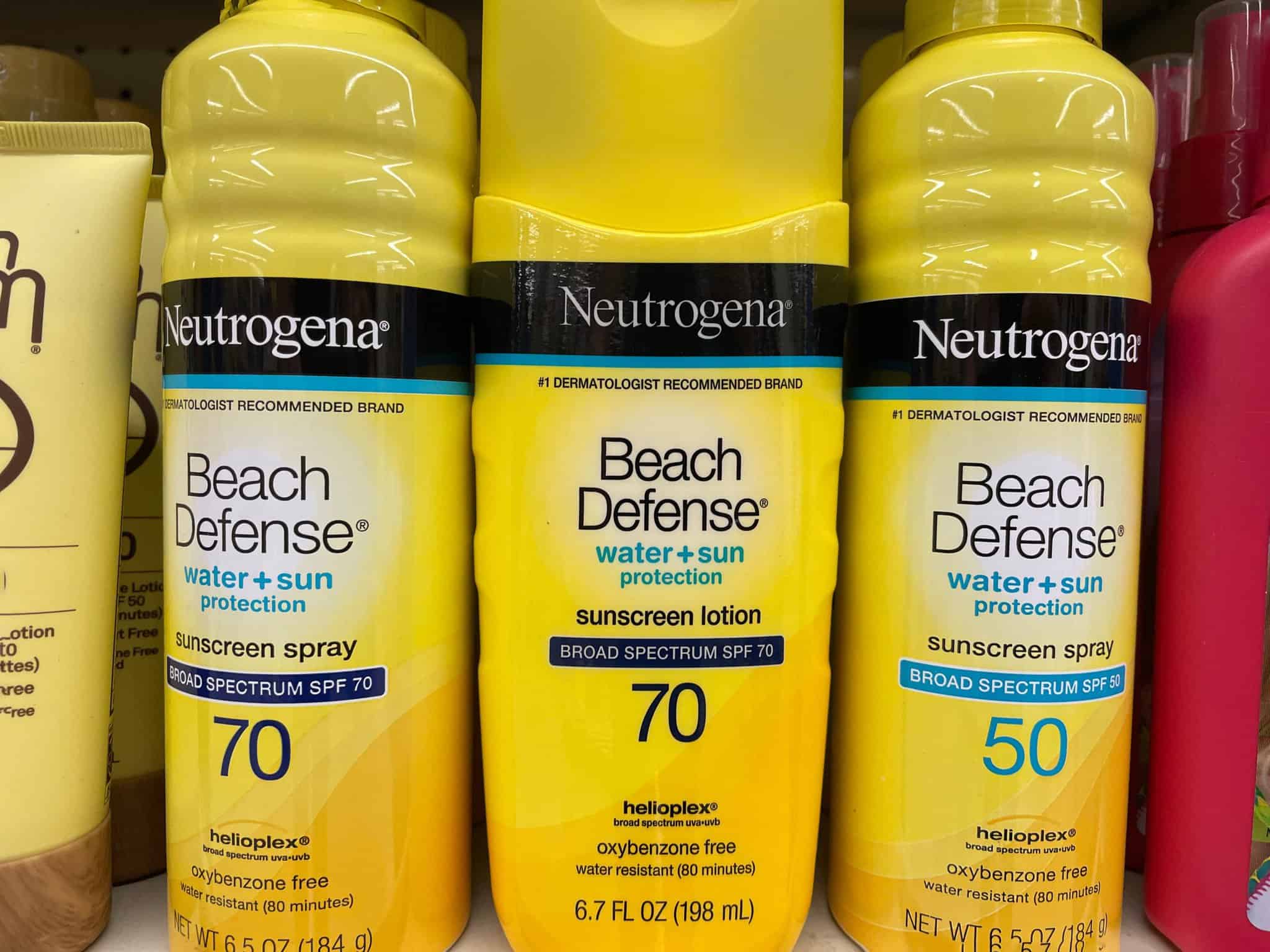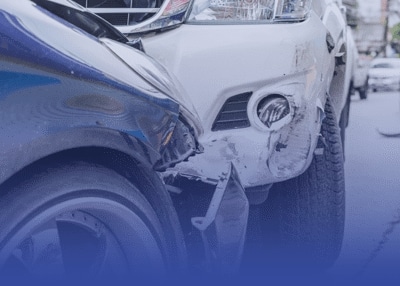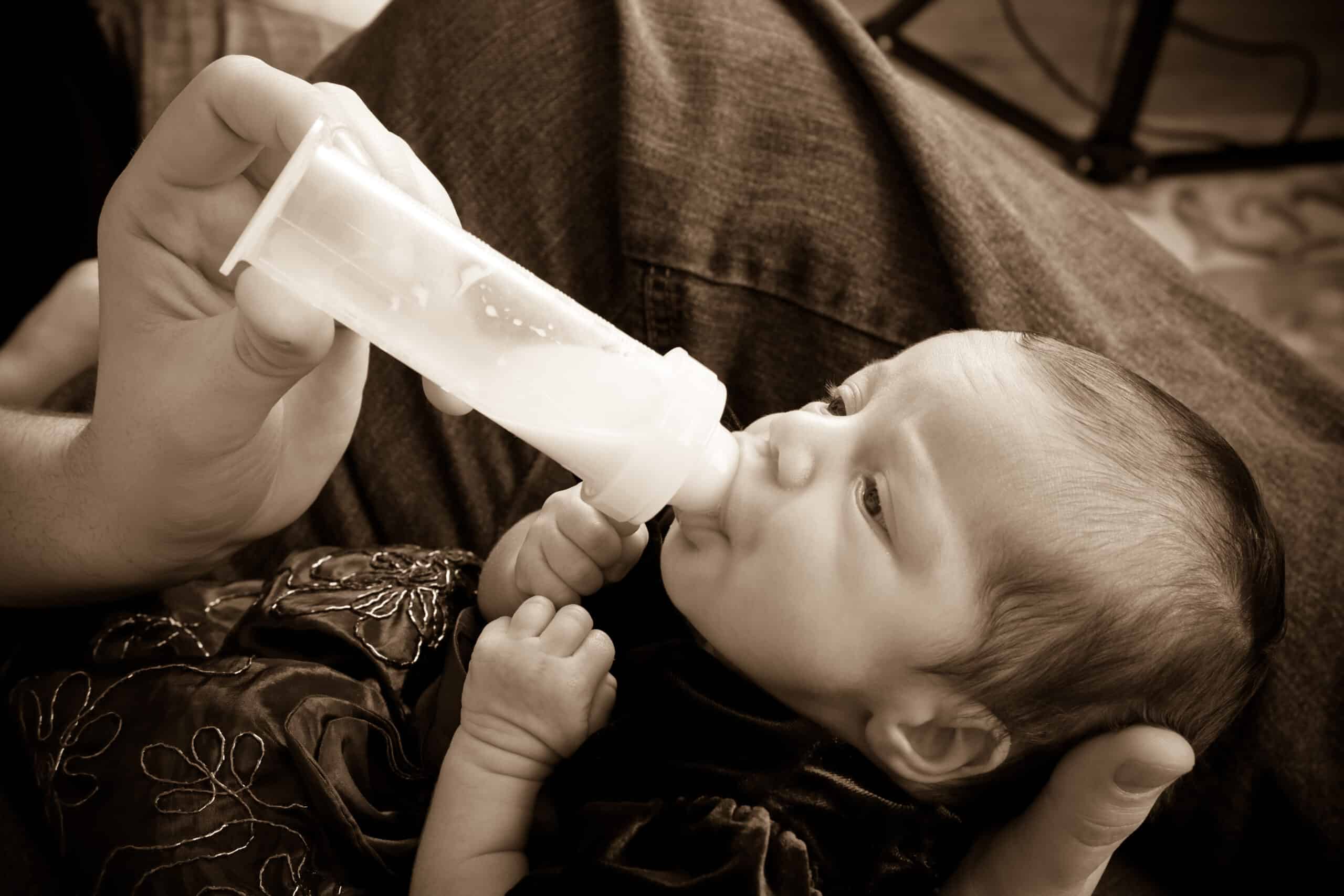21 February, 2023

Written by The Barnes Firm, reviewed by Richard Barnes

Rich Barnes
President
Sunscreen is one of the most effective and popular ways to protect our skin against the sun’s powerful ultraviolet (UV) rays. Sunscreen is supposed to be a safe product for consumers, but recently, some Neutrogena sunscreens were found to contain elevated levels of benzene, a carcinogen which can cause cancer and leukemia when a person is exposed to it.
If you or a loved one used a Johnson & Johnson sunscreen that contained benzene and developed cancer, you may qualify to file a lawsuit. Contact The Barnes Firm today at (800) 800-0000 for a free case evaluation.
Benzene is a hydrocarbon compound that is a natural constituent of crude oil that is highly flammable and used as a solvent in many chemicals, including plastics, resins, synthetic fibers, rubber, dyes, detergents, and pharmaceuticals. Benzene is a known carcinogen that you may have been exposed to through tobacco smoke, gas stations, and motor vehicles fumes and exhaust.
Many popular brands of sunscreen contain benzene and other hydrocarbons as ingredients. The use of benzene in sunscreens is generally considered safe when used in small amounts and when precautions are taken to avoid overexposure. Some sunscreens that contain benzene come from popular brands including:
Sunscreens with small amounts of benzene are generally considered safe and can help protect the skin from the harmful effects of ultraviolet (UV) radiation.
Johnson & Johnson recalled the following sunscreens due to elevated levels of benzene on July 14, 2021:
These products contained higher-than-acceptable concentrations of benzene. Johnson & Johnson failed to warn consumers about these elevated levels and the potential side effects.
If sunscreen contains elevated levels of benzene, it can cause cancer. The body can absorb the carcinogen which then enters the bloodstream and can cause cancer.
Long-term exposure to benzene, has been found to cause:
If you or a loved one have been diagnosed with any of these illnesses after extended use of a recalled sunscreen, contact The Barnes Firm today at (800) 800-0000.
At The Barnes Firm, we believe Johnson & Johnson acted maliciously by not disclosing the potential dangers of benzene in their sunscreen products with consumers.
Individuals who used one or more recalled sunscreens for an extended period and were diagnosed with leukemia or certain types of cancer may be eligible to file a lawsuit. For more information regarding the sunscreen recall lawsuit or to find out if you qualify for this lawsuit, contact The Barnes Firm today at (800) 800-0000.
“As President of The Barnes Firm, I have dedicated my career to achieving justice in hundreds of cases for the victims of injuries caused through the fault of others. Additionally, I have been honored to have been elected Best Lawyer and a Super Lawyer”
Years of Experience: 30+ years

The Barnes Firm is here to help you. Our personal injury firm helps individuals and their families who
have suffered an injury in an accident.

Whether your car crash was minor or serious, any injuries sustained in an accident can be painful and costly.

All motorcycle accidents are different, the compensation you receive will depend on the circumstances surrounding your accident.

A truck accident can be catastrophic, even in low-impact crashes, if you or your family are involved, you may be entitled to significant financial compensation.

There are dozens of accidents involving school buses each year, most commonly, involving children outside a school bus.
Explore Articles Related to Your Situation

It had been speculated, and is now proven, that various Similac and Enfamil baby formula produc...
read more
What to Do After a Defective Product Injury Defective products continue to lurk the aisles of o...
read more
Exactech Replacement lawsuits aim to get financial compensation for those who’ve suffered inj...
read more
On the morning of January 9, 2022, a fire broke out in a Bronx high-rise. The resulting flames ...
read moreWe are always available to discuss your case. Give us a call at (800) 800-0000.
Fill out our form and we will contact you shortly to discuss your case
Our attorneys will come to your home, office or hospital at your convenience.
We are available anytime, including after hours and
weekends.
420 Lexington Avenue
Suite #2140
New York, NY 10170
Phone: (800) 800-0000
Fax: +1 (800) 853-5153
600 Old Country Road
Suite #425
Garden City, NY 11530
Phone: (800) 800-0000
Fax: +1 (800) 853-5153
500 Pearl Street
Suite #700
Buffalo, NY 14202
Phone: (800) 800-0000
Fax: +1 (800) 853-5153
451 Grider Street
Buffalo, NY 14215
Phone: (800) 800-0000
Fax: +1 (800) 853-5153
28 East Main Street
Suite #600
Rochester, NY 14614
Phone: (800) 800-0000
Fax: +1 (800) 853-5153
633 West 5th Street
Suite #1750
Los Angeles, CA 90071
Phone: (800) 800-0000
Fax: +1 (888) 800-7050
555 12th Street
Suite #1470
Oakland, CA 94607
Phone: (800) 800-0000
Fax: +1 (888) 800-7050
655 W. Broadway
Suite #940
San Diego, CA 92101
Phone: (800) 800-0000
Fax: +1 (888) 800-7050